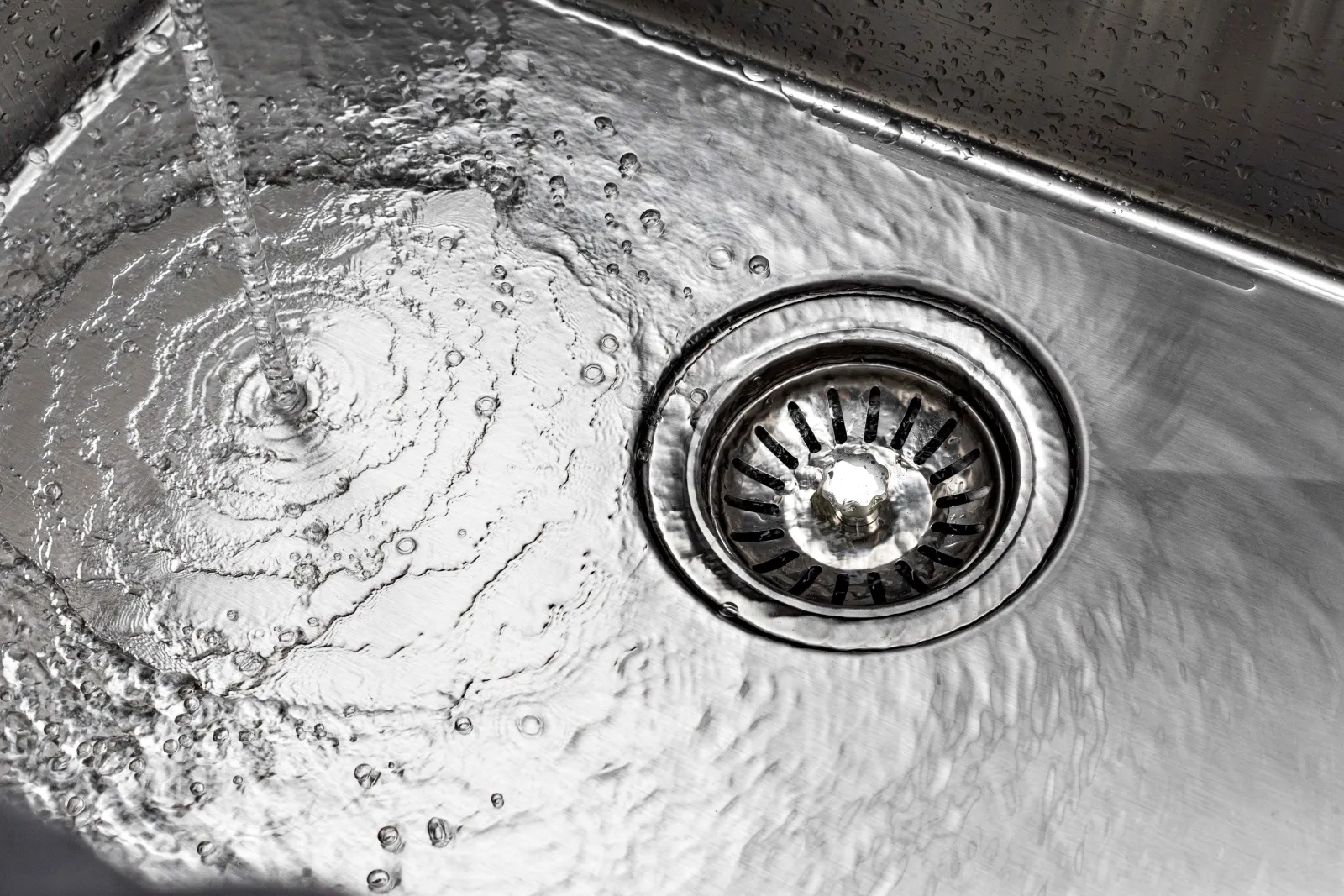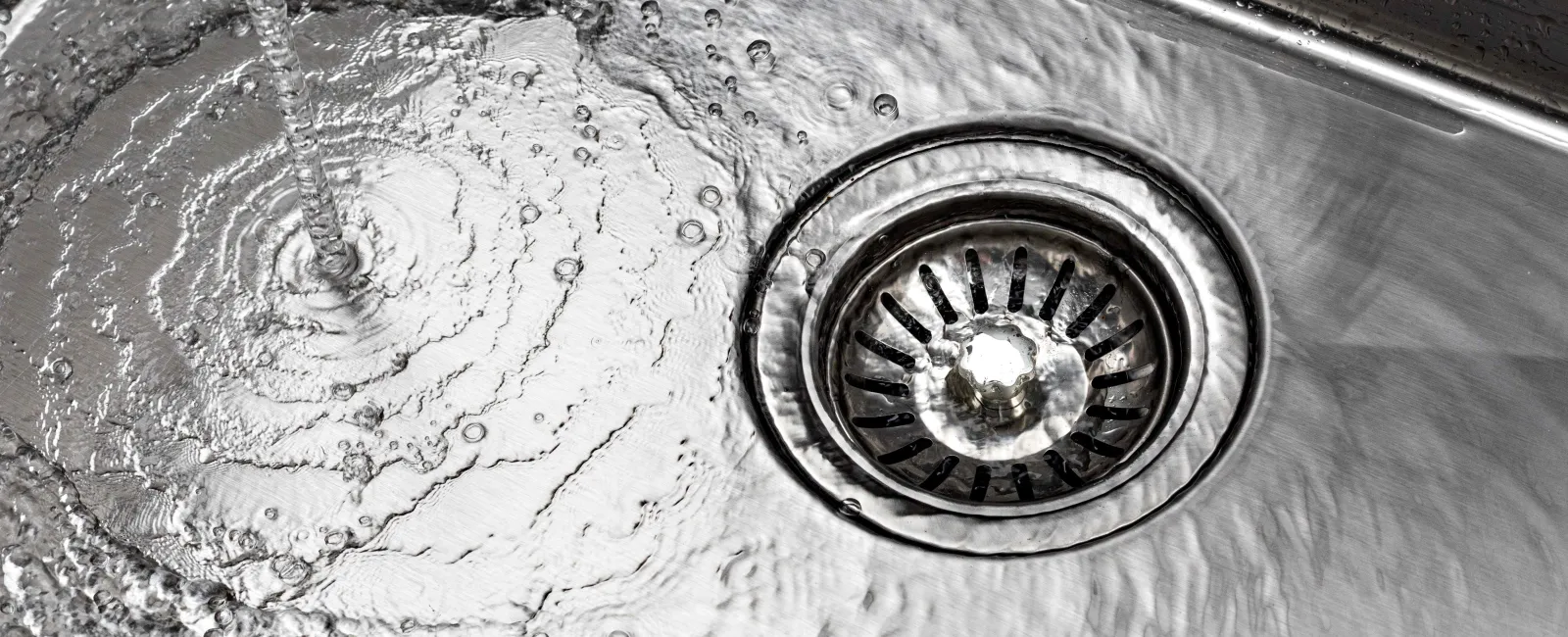Owning a septic system means being the master of your own wastewater treatment. While it offers independence, it also comes with responsibility. A happy septic system relies on a delicate ecosystem of bacteria to break down waste, and flushing the wrong things can kill these essential microbes, clog your pipes, and lead to disastrous backups and expensive repairs.

Many products claim to be "septic-safe," but this is often a marketing term, not a guarantee. To protect your investment and the environment, it's crucial to know what should and should not enter your system.
The Golden Rules of Your Septic System
If you remember nothing else, remember this:
Only human waste and toilet paper should be flushed.
Your drains are not trash cans.
When in doubt, throw it out.
The Ultimate "Do Not Flush or Pour" List
Putting these items down your drains can lead to clogs, kill beneficial bacteria, and cause system failure.
From the Bathroom:
"Flushable" Wipes: Despite the name, these do not break down quickly and are a primary cause of clogs.
Feminine Hygiene Products: Tampons, pads, and applicators are non-biodegradable and will block your system.
Dental Floss: It's not biodegradable and can wrap around other items, creating large clogs.
Paper Towels & Tissues: These are designed to be more durable than toilet paper and do not dissolve easily.
Cotton Swabs & Cotton Balls: They absorb water and clump together, causing blockages.
Condoms: Made of latex, they are not biodegradable and can clog pipes.
Prescription Medications: Pills and liquids can disrupt the bacterial balance in your tank and contaminate groundwater.
From the Kitchen:
Fats, Oils, and Grease (FOG): These cooking byproducts congeal when they cool, creating hard blockages in your pipes. Always collect them in a container and throw them in the trash.
Coffee Grounds & Eggshells: They do not break down in the tank and add to the solid sludge layer, requiring more frequent pumping.
Fibrous & Starchy Food Waste: Even with a garbage disposal, items like celery, potato peels, and rice can cause clogs and overload your system with solids. Limiting garbage disposal use is highly recommended.
From Around the House:
Harsh Chemical Cleaners: Heavy-duty drain openers, strong bleaches, and abrasive cleaners kill the good bacteria your system needs to function.
Paint, Solvents, and Thinners: These are hazardous chemicals that can poison your septic system and the surrounding groundwater.
Cat Litter: Most litters, especially clumping varieties, contain clay that will harden in your pipes and cause severe blockages.
Cigarette Butts: The filters are not biodegradable.
The "Use in Strict Moderation" Gray Area
Some products aren't an immediate catastrophe but can cause cumulative damage.
Household Bleach & Ammonia: Small amounts, heavily diluted with water (like in a load of laundry), are generally acceptable. However, excessive use will harm your system.
Liquid Laundry & Dish Detergents: Liquid detergents are preferable to powders, which can contain fillers that clog systems. Opt for biodegradable, low-phosphate options when possible.
Septic System Additives: Avoid products that claim they can clean your tank or reduce the need for pumping. The bacteria in your tank are self-sufficient, and these additives can disrupt the natural balance by stirring up solids that should remain settled.
What Is Actually Safe for Your Drains?
The list is short and simple:
Human Waste: The system is designed specifically for this.
Septic-Safe Toilet Paper: Most major brands are safe and dissolve quickly.
Water: The carrier for waste. However, conserving water prevents overloading the drain field.
DIY Natural Cleaners: For scrubbing and disinfecting, natural options are your best bet. A simple, all-purpose cleaner can be made by mixing white vinegar and water. For drains, try pouring half a cup of baking soda followed by a cup of vinegar, letting it foam, and then flushing with hot water.
Proactive Septic System Maintenance: Beyond the Drain
Caring for your septic system involves more than just watching what you flush.
Inspect and Pump Regularly: Have your system inspected by a professional every 3 years and pumped every 3 to 5 years, depending on your household size and usage.
Protect Your Drain Field: Never drive, park, or build on your drain field. The weight can compact the soil and crush pipes.
Be Mindful of Landscaping: Plant only grass over your drain field. Tree and shrub roots can invade and clog your pipes.
Conserve Water: Efficient water use extends the life of your system. Fix leaks promptly, install water-saving fixtures, and spread out laundry loads over several days rather than doing them all at once.
Frequently Asked Questions (FAQ)
What is the best toilet cleaner for a septic system?
Plain white vinegar or a mixture of baking soda and vinegar are among the safest and most effective options. They clean without harming the essential bacteria.
Can I use a garbage disposal with a septic tank?
It is strongly discouraged. A garbage disposal significantly increases the solids in your tank, meaning you'll need to pump it much more frequently.
How often should I have my tank pumped?
For a typical household, every 3 to 5 years is the standard recommendation from the EPA and other experts.
When in Doubt, Call the Professionals
Understanding what can and cannot go down your drains is the first step in responsible septic ownership. For routine inspections, pumping, or if you suspect a problem, professional expertise is invaluable.
Ready for a septic system specialist to take a look at your tank? Whether you need a routine check-up or are concerned about a potential issue, Scorpion Septic can help. Give us a call now for a qualified free quote from one of our experts!

